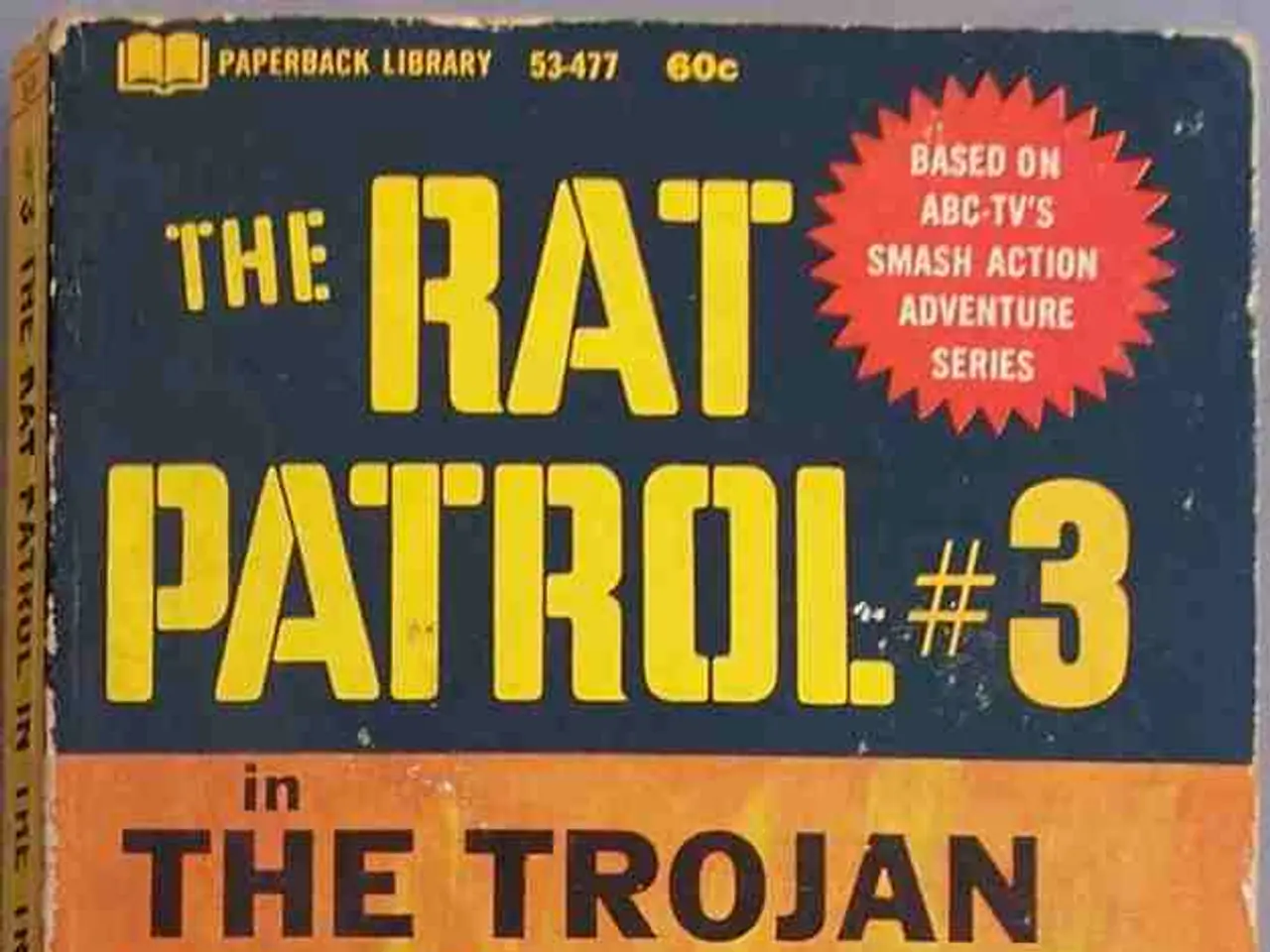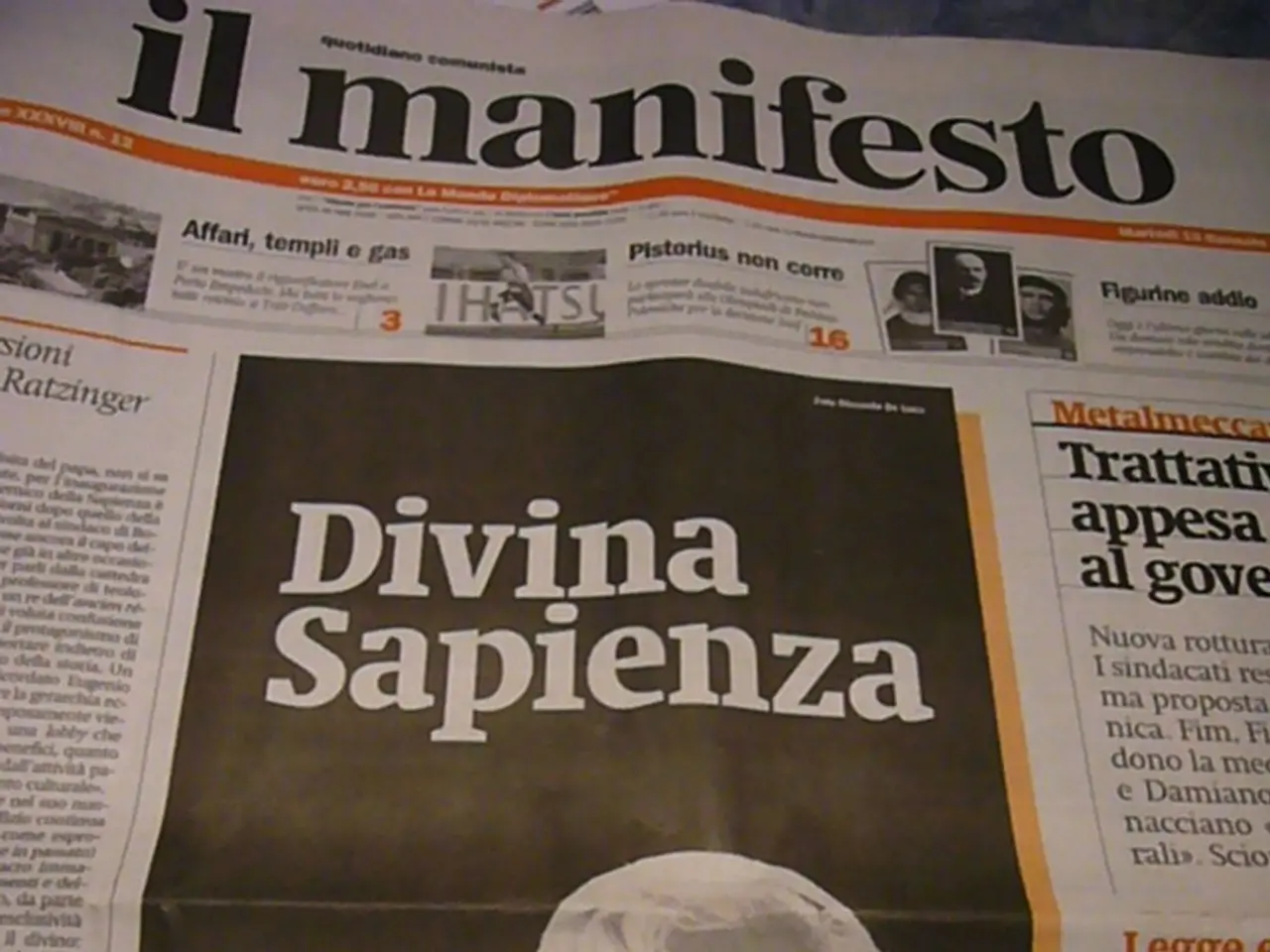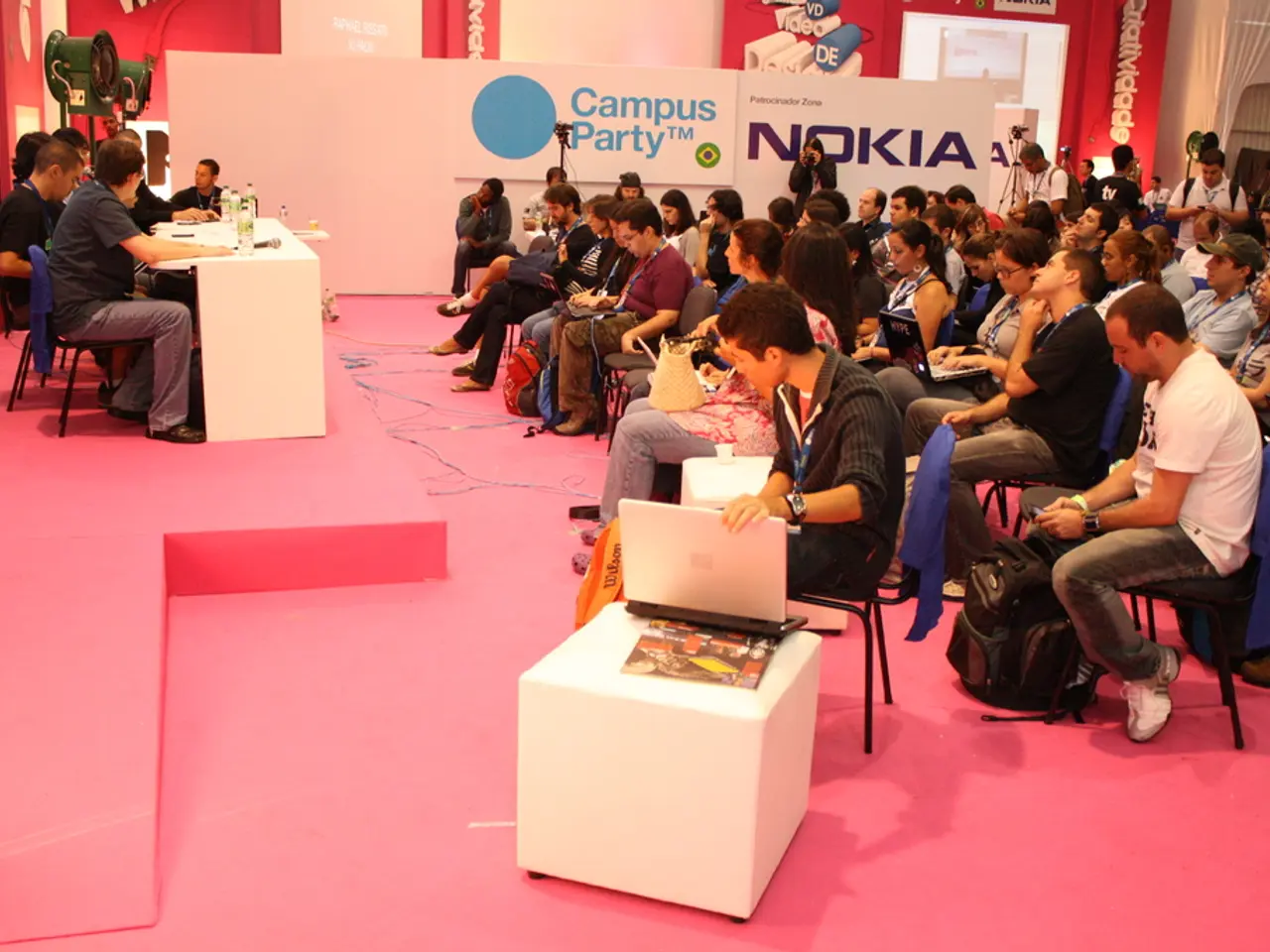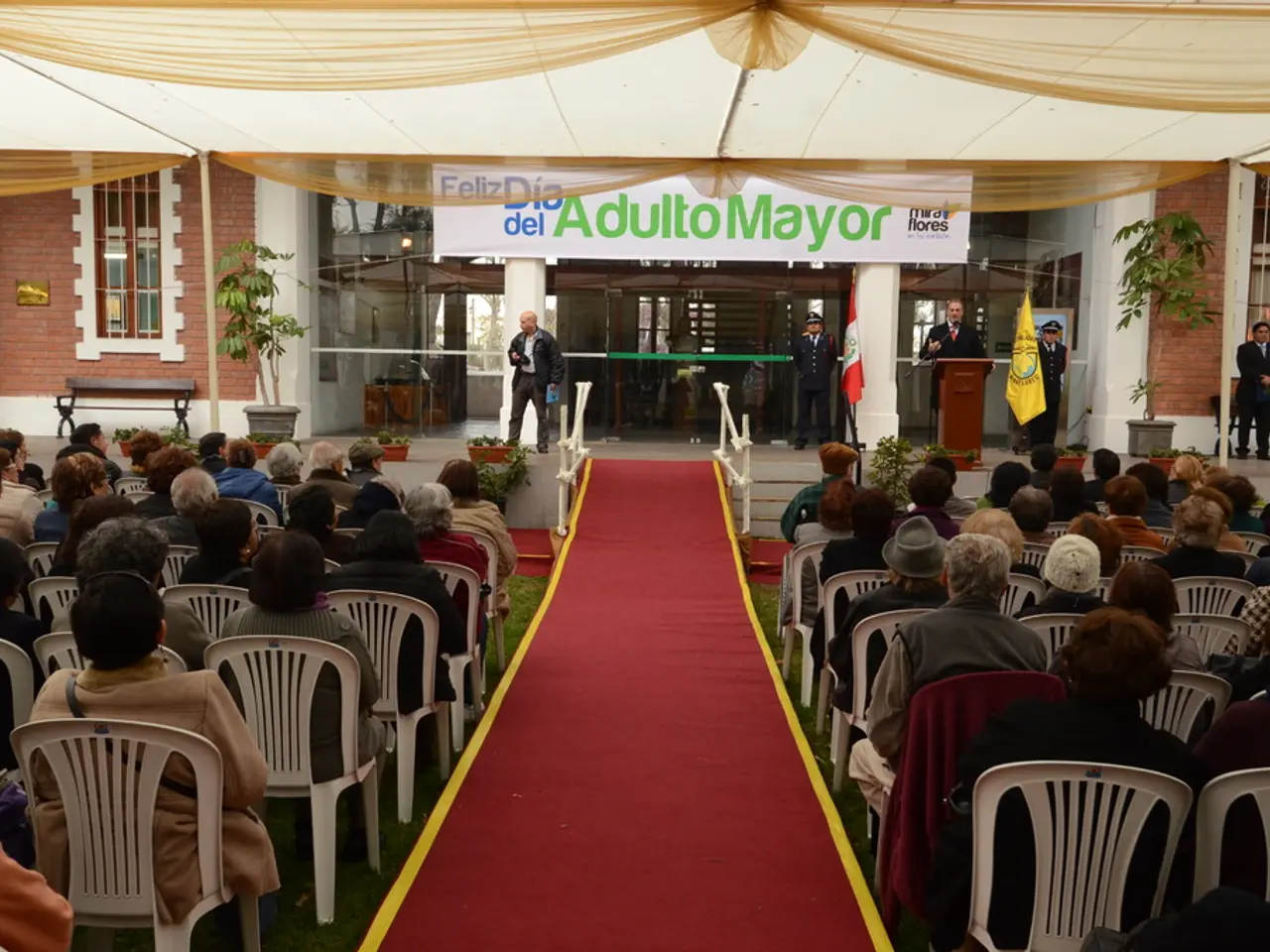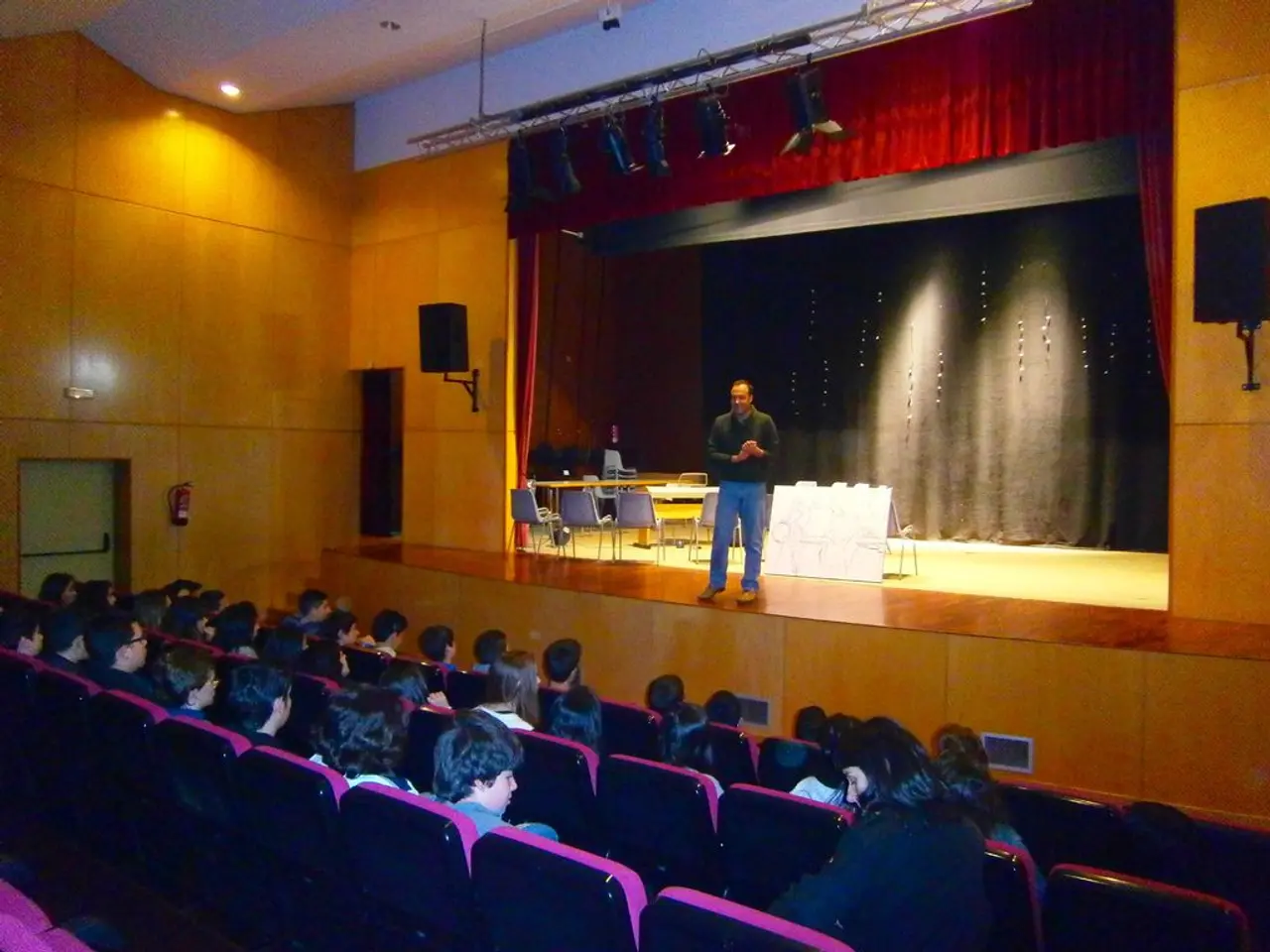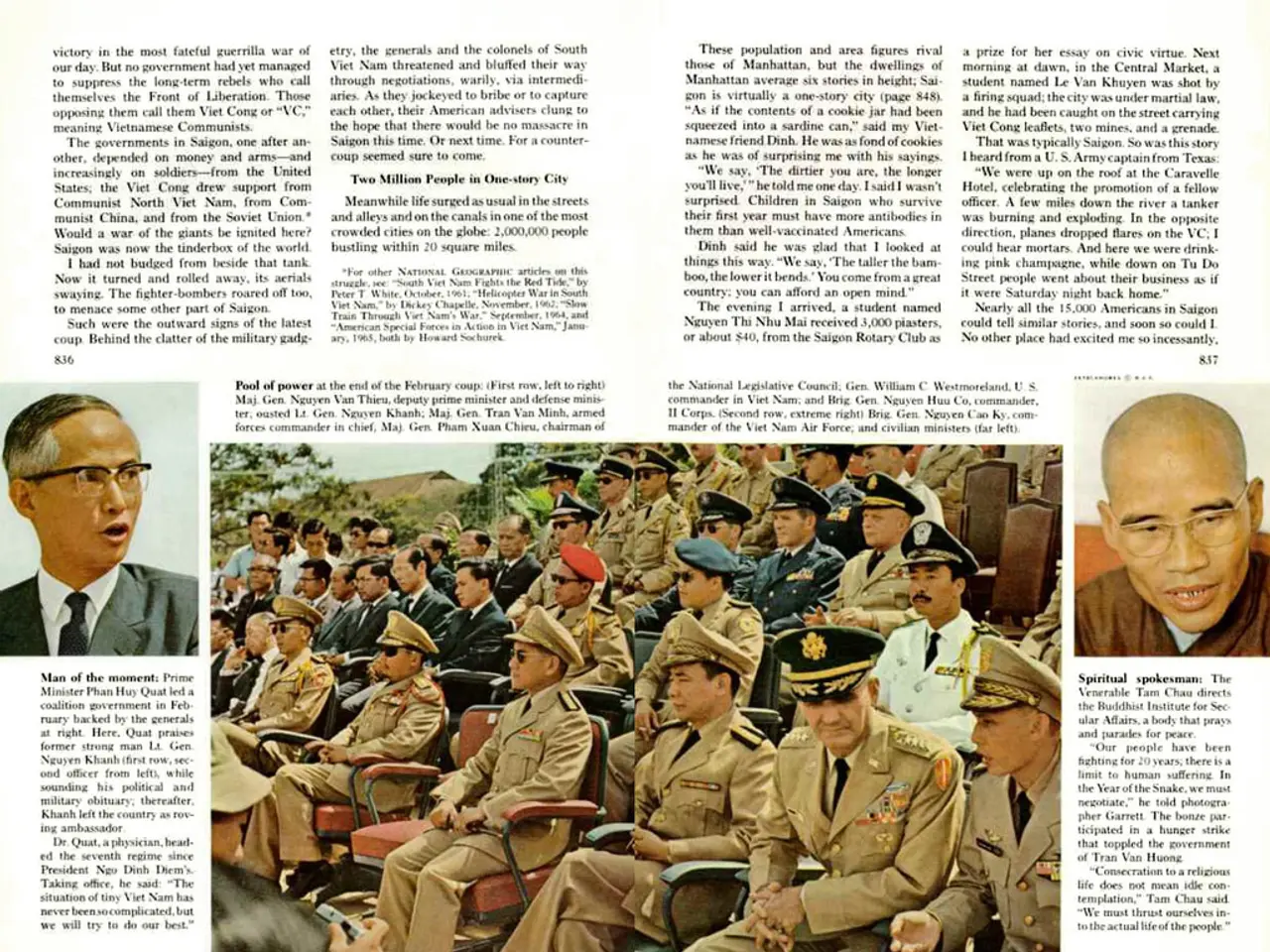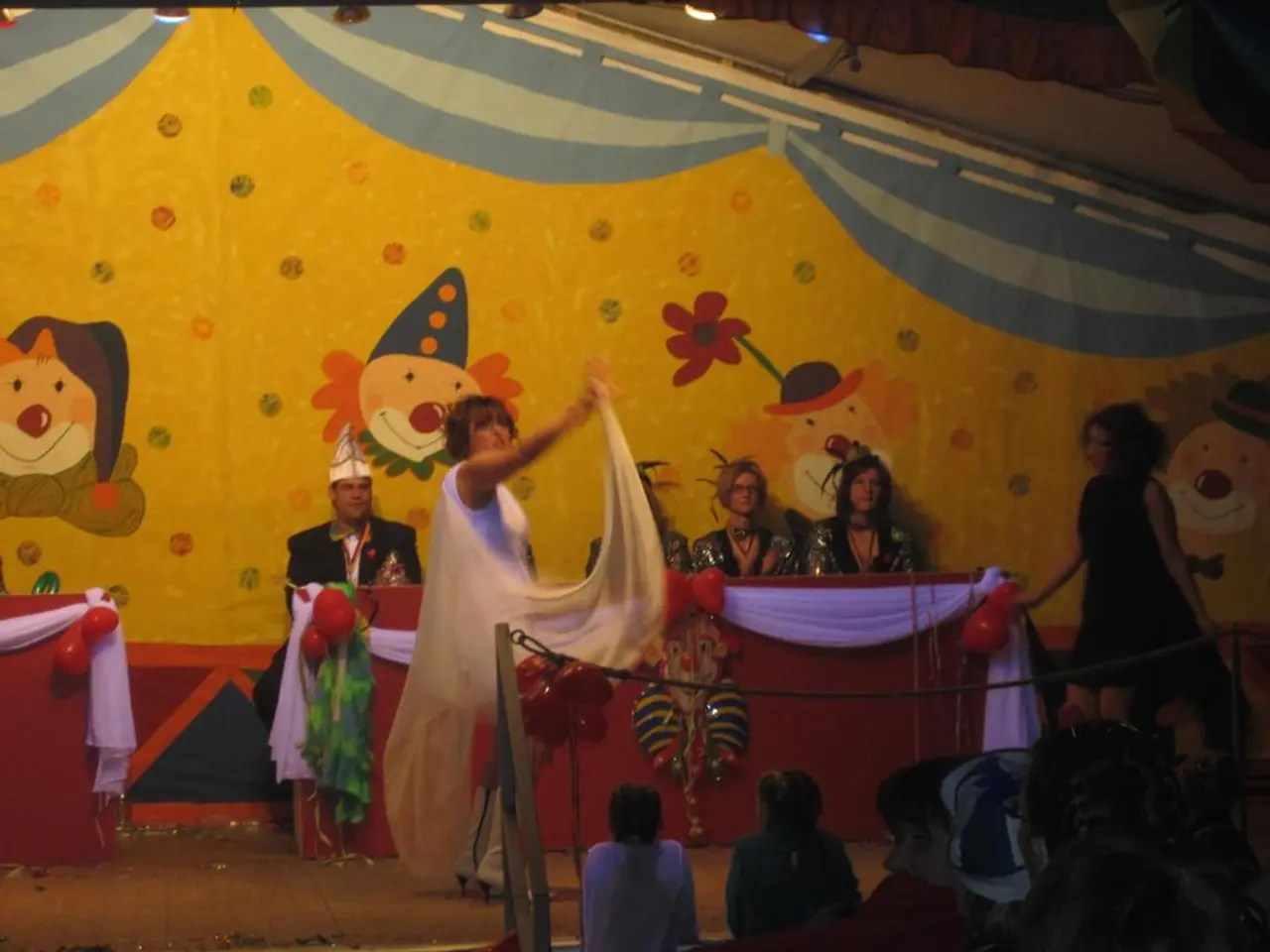The performance of the tragedy centering around the Pershing disaster in Heilbronn now breathes fresh life.
News Article: "Pershing" Theater Piece at Theater Heilbronn Explores Historical and Contemporary Implications of Pershing Missile Incident
In the heart of Heilbronn, Germany, the city's theater is staging a thought-provoking production titled "Pershing." This documentary theater piece, currently premiering at Theater Heilbronn, delves into the historical context, impact, and local significance of the stationing of Pershing II missiles in Heilbronn during the Cold War, focusing particularly on the accident involving a Pershing missile on the Heilbronn Waldheide.
The idea for the project came from chief dramaturg Mirjam Meuser, and Regine Dura and Hans Werner Kroesinger were instrumental in its creation. They collaborated closely with the Heilbronn city archive, consulting documents from the archive and its "Geschichtswerkstatt Waldheide" for the development of "Pershing."
Eyewitnesses, including peace movement members, firefighters, and local politicians, were interviewed for the creation of "Pershing." Impressions from memorial events and documents from the Foreign Office were also incorporated into the piece.
The theater piece explores the societal impact of the Pershing-II missile incident in Heilbronn, investigating what the city politicians knew and why the local population was not informed about the missile site. It raises questions about the persistence of nuclear threats, public awareness, political transparency, and civil society's role in peace and security debates.
As a historical reflection and warning, "Pershing" highlights the dangers and societal tensions that arise from nuclear weapon deployments on German soil. With the planned new stationing of US intermediate-range missiles in Germany from 2026, the topic of the Pershing-II missiles, as explored in "Pershing," is gaining new relevance.
The theater piece relates local circumstances to the federal German reality then and now, urging audiences to consider how history might inform current and future decisions on missile deployments in Germany. By drawing a line from the Cold War era's missile conflicts—symbolized by the Pershing II deployment and subsequent accident—to today's renewed geopolitical tensions, "Pershing" serves as a poignant reminder of the cyclical nature of international arms control and conflict.
On January 11, 1985, a Pershing-II missile exploded on the Heilbronn Waldheide, resulting in the deaths of three soldiers and injuries to 16 others. The tragic incident forms a central part of the narrative in "Pershing," offering a sobering reminder of the human cost of nuclear weapons.
In conclusion, "Pershing" is a powerful and timely production that sheds light on the historical and contemporary implications of nuclear weapon deployments in Germany. By examining a local incident, it underscores the importance of public awareness, political transparency, and civil society's role in peace and security debates, making it a must-see for anyone interested in understanding the complexities of Germany's political and military history.
[1] Information sourced from various interviews, memorial events, and historical documents.
The piece "Pershing," currently playing at Theater Heilbronn, delves into the politics surrounding the historical incident of the Pershing II missile deployment, focusing on the general-news event of the missile explosion in Heilbronn during the Cold War. The production, led by Mirjam Meuser, Regine Dura, and Hans Werner Kroesinger, explores the political transparency, civil society's role in peace and security debates, and the legacy of nuclear threats, which remain relevant in light of future missile deployments in Germany. [2] Through its examination of the Pershing-II missile incident and its human cost, "Pershing" underscores the importance of public awareness and thecyclical nature of international arms control and conflict.
